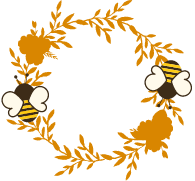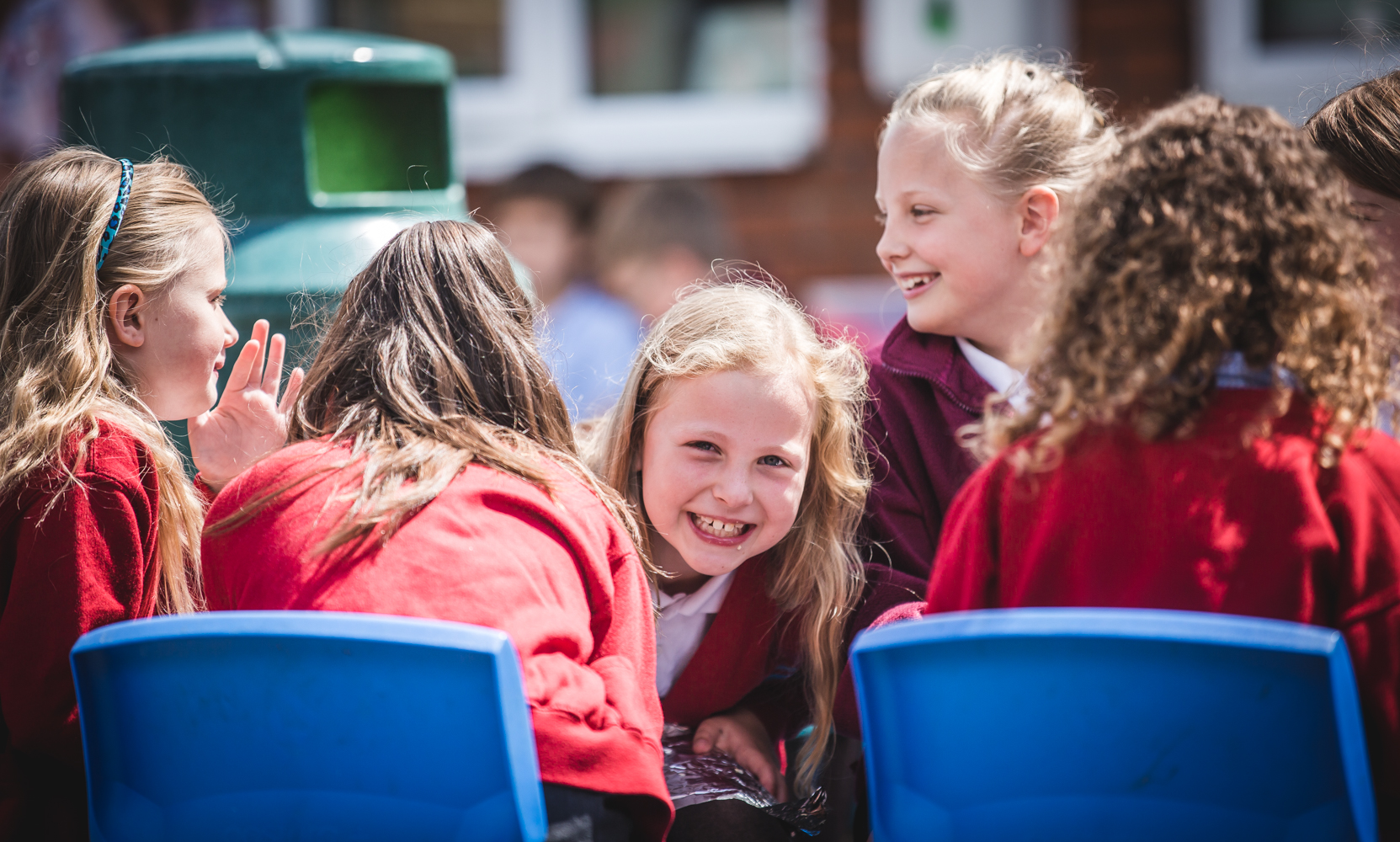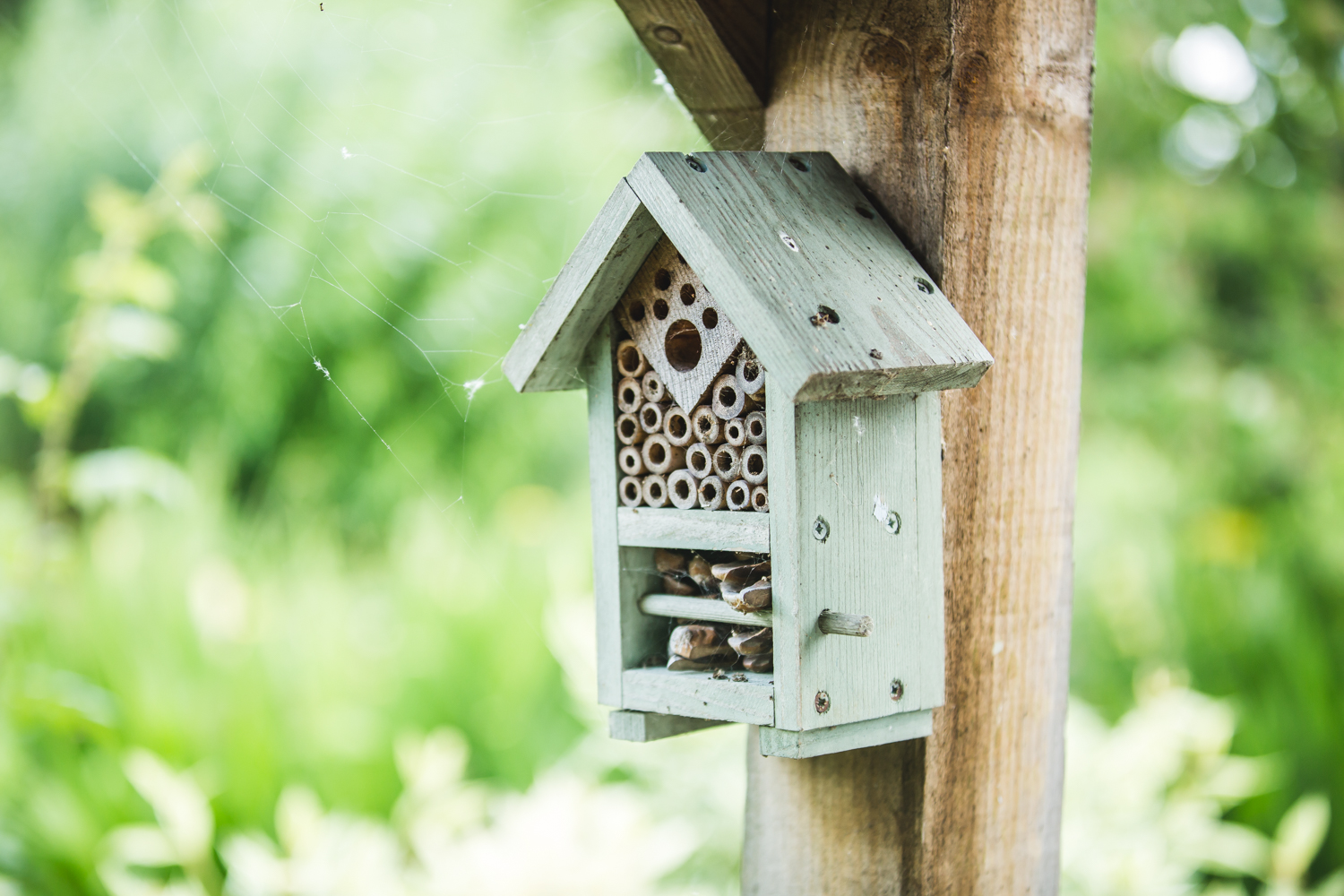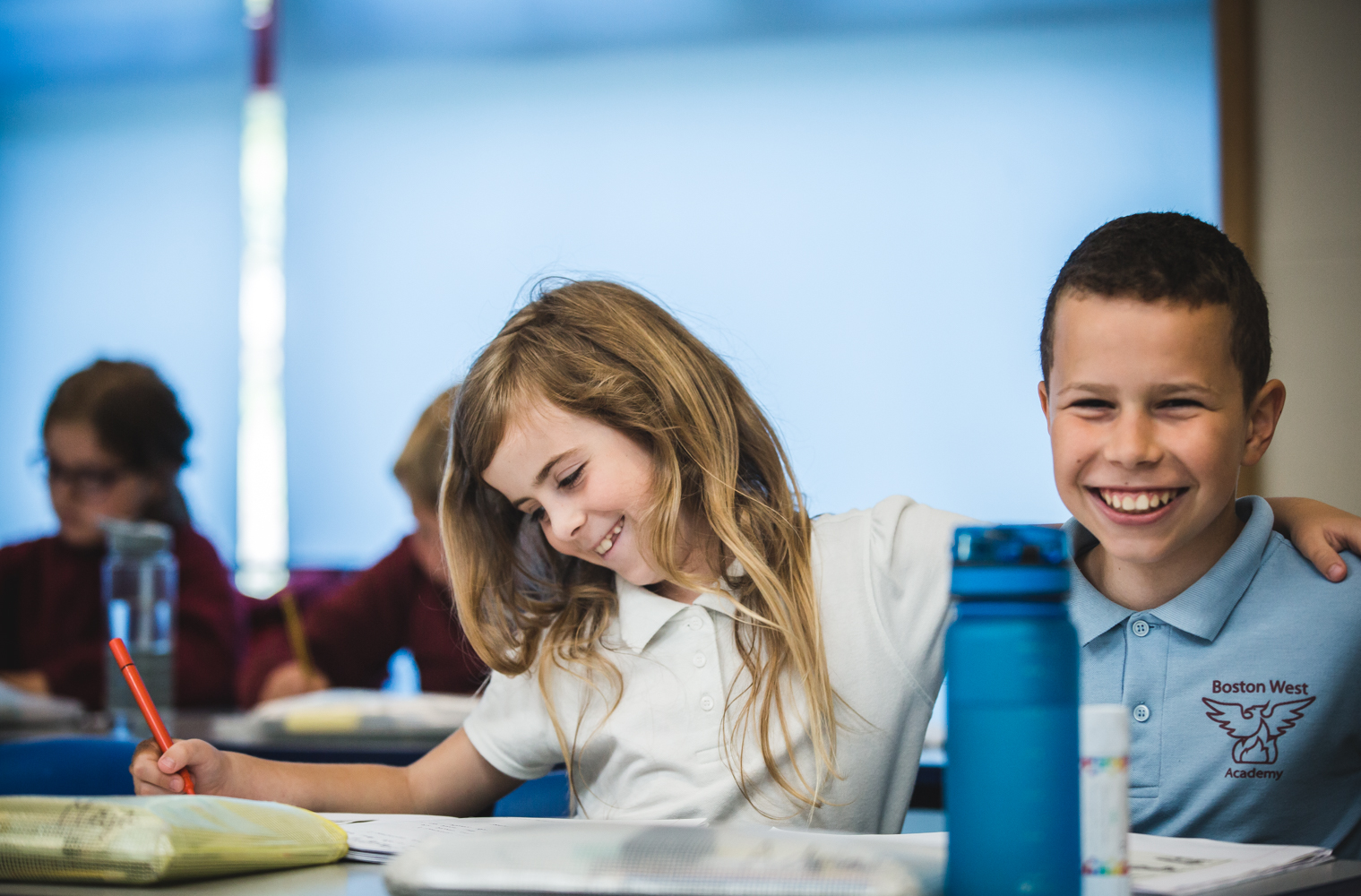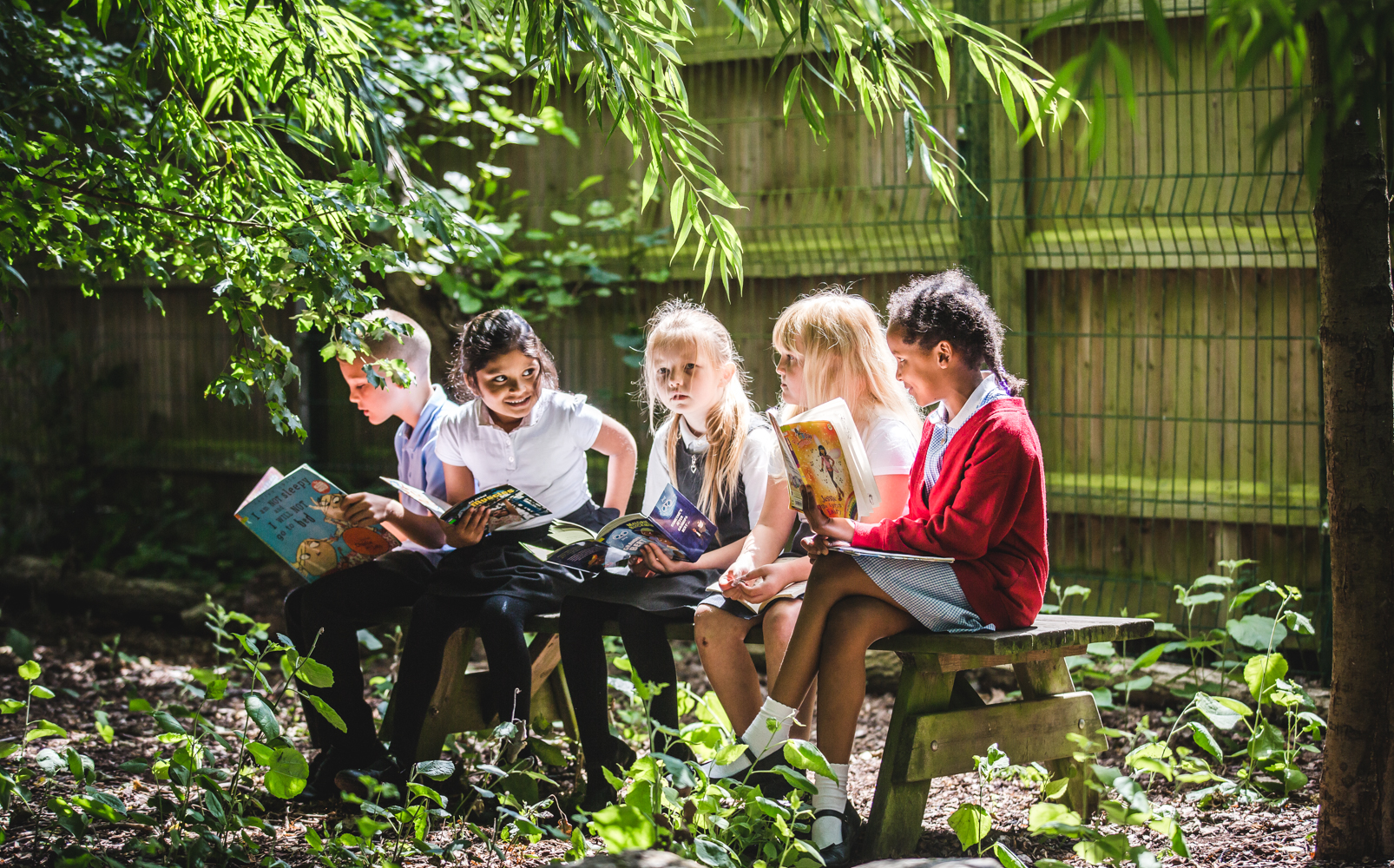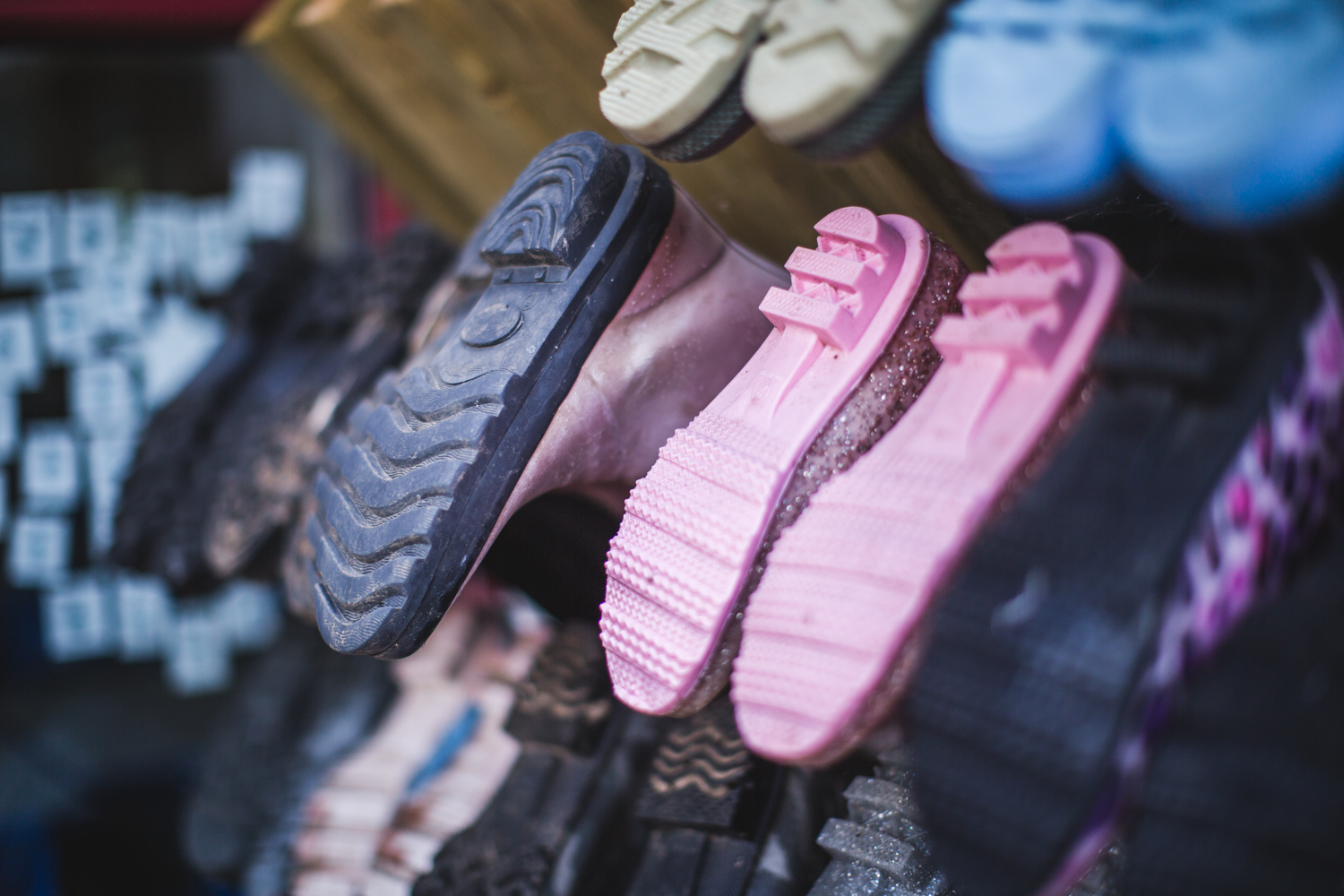The wider curriculum
Art and design
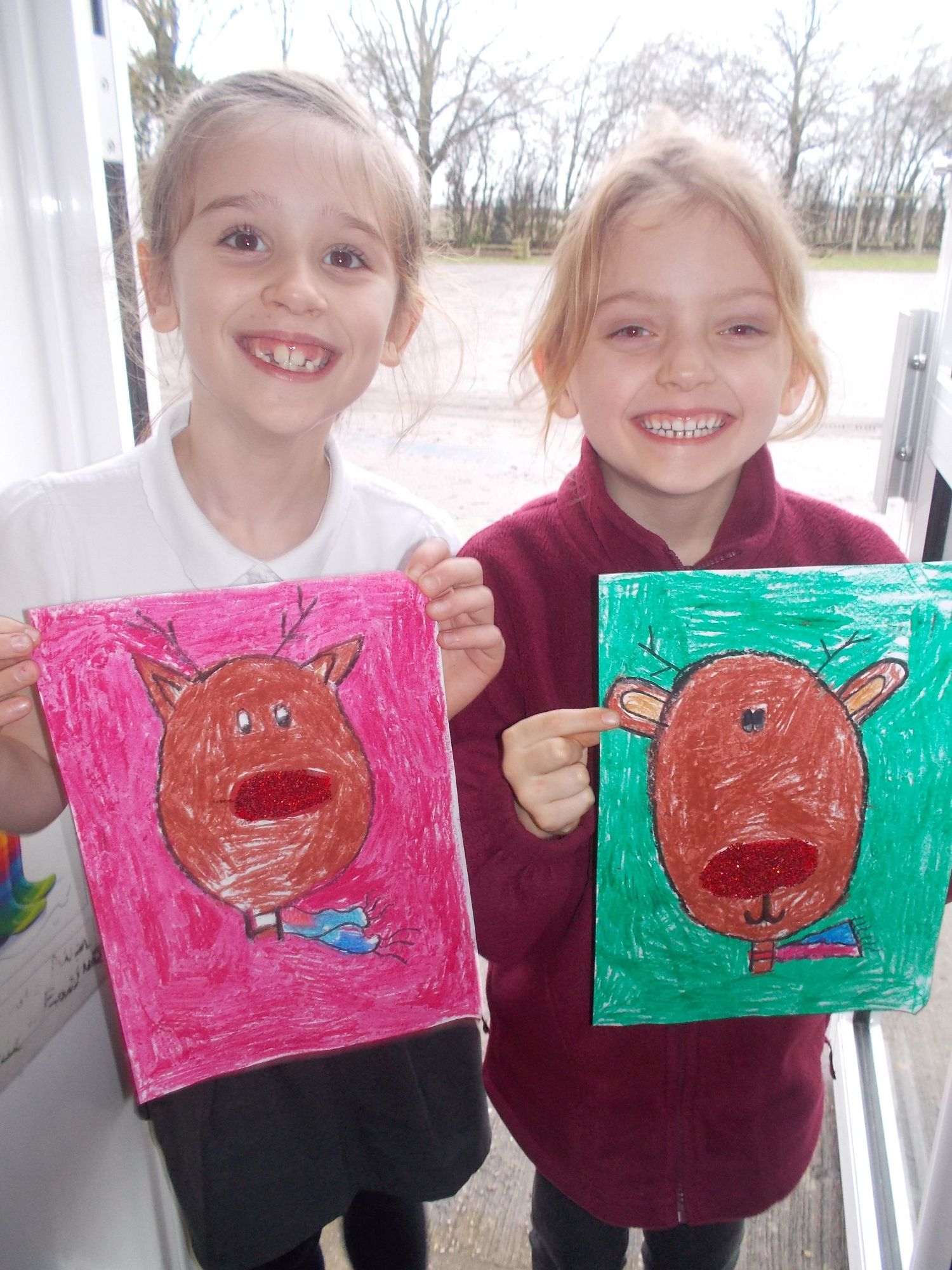
Computing
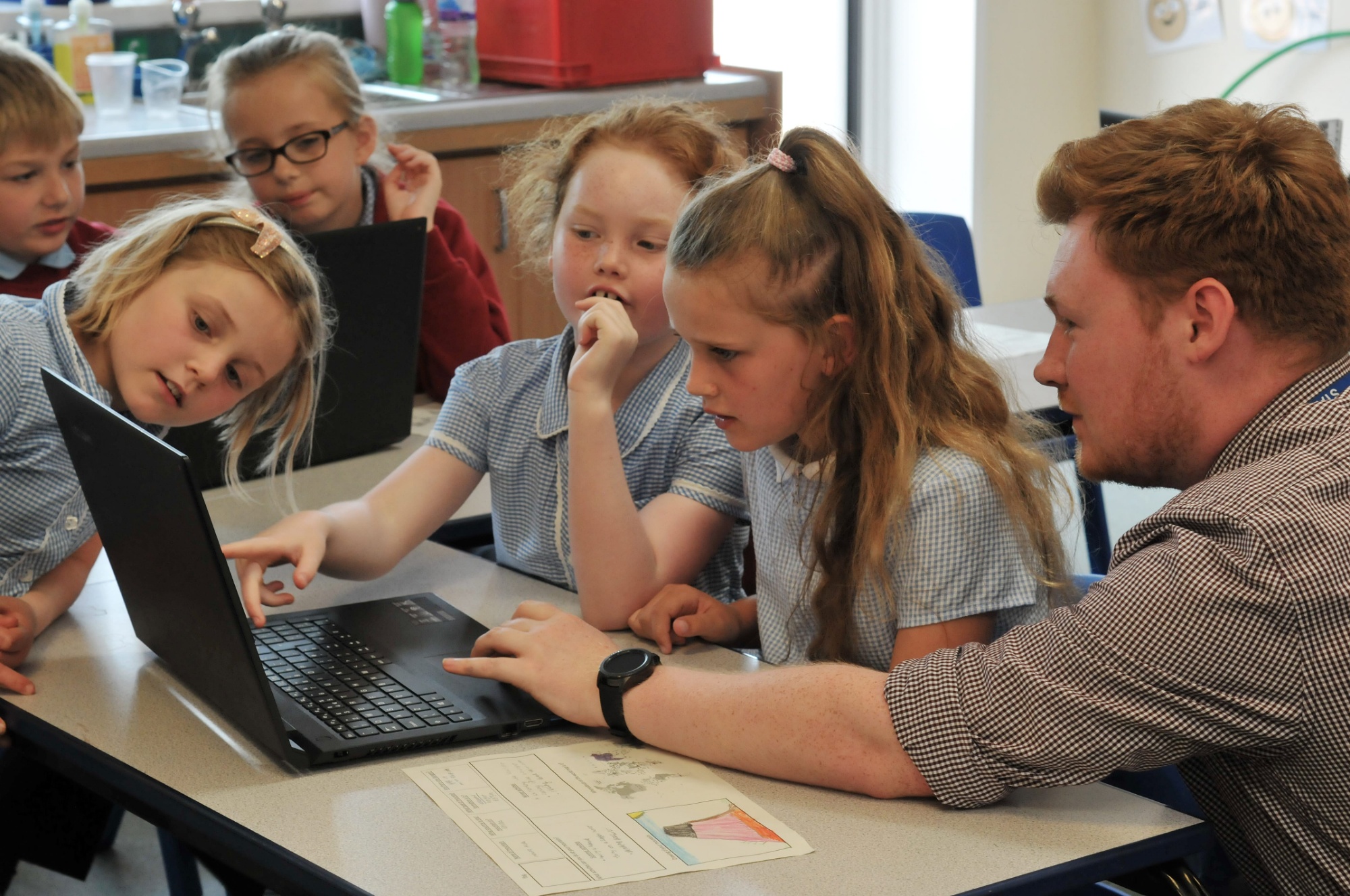
Design and technology
Skills in design and technology are developed through ‘hands on’ tasks/projects. Children establish a design brief, gather ideas and complete a series of focused practical tasks in order to give them the necessary skills/knowledge to complete their project. This includes a final evaluation of the finished product, when children think about what worked well and what could be changed. Children engage in projects that involve food technology, textiles, mechanisms, electricity, structures and materials. Cross-curricular links are encouraged to ensure that learning is relevant and meaningful.
Geography
Our geography curriculum aims to inspire in pupils a curiosity and fascination about the world and its people, together with an understanding of the Earth’s key physical and human processes. Pupils develop their mapping skills and geographical knowledge through studies of the local area, Europe and the wider world. Geography is linked, wherever possible, with other curriculum areas, notably science. We use a variety of approaches including use of our school grounds, field trips and visits.
History
When teaching history, artefacts, museum visits and themed days are used to bring the past to life. Throughout the early years foundation stage and key stage 1, children develop a sense of the past and chronology by explaining changes in their own lives and the lives of their family. They will also listen to stories and learn about significant events and famous people. During key stage 2 the children will be given the opportunity to develop their knowledge and understanding of the subject through studies of local, British, European and world history.
Modern foreign languages (MFL)
In key stage 2, the children begin to learn some basic French as a modern foreign language. The learning of a foreign language provides a valuable educational, social and cultural experience for the pupils. Pupils develop communication and literacy skills that lay the foundation for future language learning.
Music
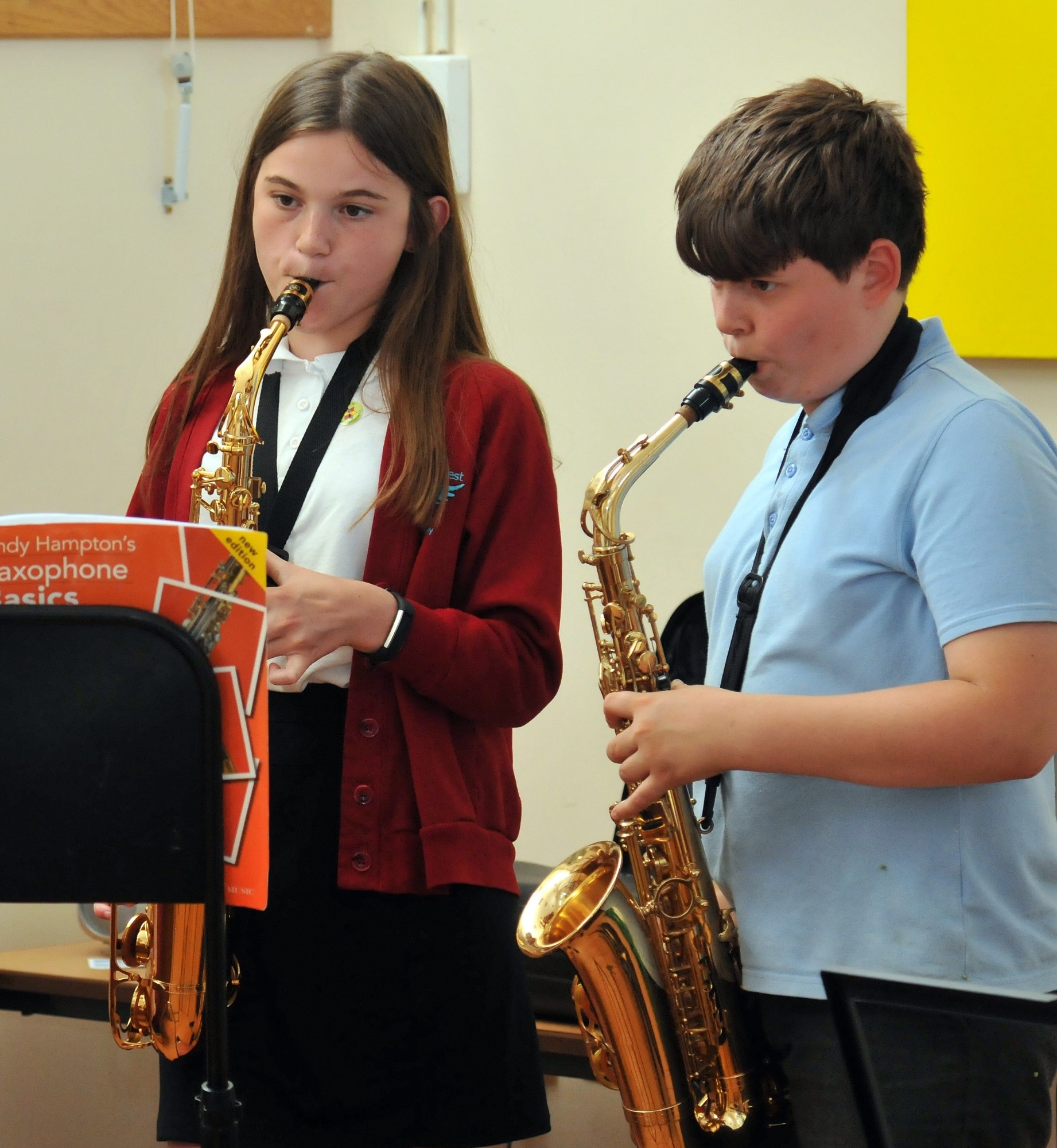
Peripatetic music teachers attend school each week giving children the opportunity to learn brass, woodwind, stringed instruments or keyboard. There is a charge for this tuition. Please let us know if you wish your child to be included.
MUSIC CURRICULUM CONTENT
Physical education
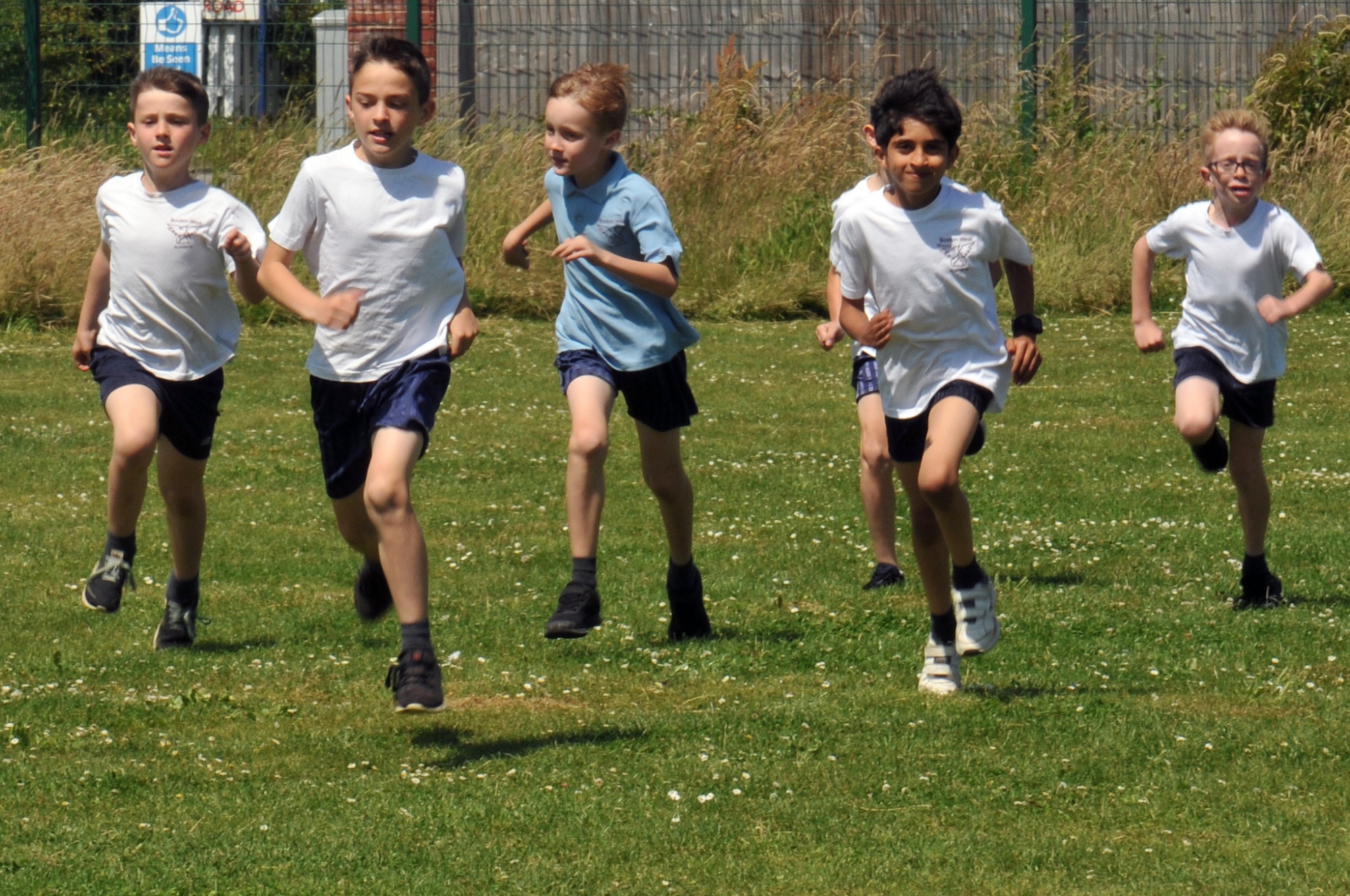
In the summer, a traditional sports day is held which includes races such as egg and spoon, sack and obstacle. This is an occasion enjoyed by the whole school community with the children being cheered down the track by a large crowd of enthusiastic children, family and friends. Facilities for physical education in the school are very good; there is a large sports field, two playgrounds, a large hall for indoor activities and a studio hall for class dance lessons.
See how we use our sport premium funding to enhance the provision of physical education and sport in our school.
PHYSICAL EDUCATION CURRICULUM CONTENT
Personal, social, health and economic education
Our PSHE education programme, equips pupils with the knowledge, skills and attributes they need to manage their lives, now and in the future. It helps them to develop a sound understanding of how to stay healthy and safe as well as the skills necessary to make safe and informed decisions. Our PSHE programme also underpins our core school values of care, collaboration, attitude, respect and equality.
We have a focus on three core themes: relationships, living in the wider world, and health and wellbeing. These themes include the following topics:
- Families and friendships
- Safe relationships
- Respecting ourselves and others
- Belonging to a community
- Media literacy and digital resilience
- Money and work
- Physical health and mental wellbeing
- Growing and changing
- Keeping safe
Religious education
Religious education is taught based on the Lincolnshire Locally Agreed Syllabus for Religious Education.
Our principle aims are to help children to grow in awareness and responsibility, whilst developing an appreciation of the needs, customs and beliefs of others in order to assist them in the formation and expression of their own ideas and belief. Children also engage in assemblies, discussion and reflection. These take place as a whole school, as a key stage and in class.
RELIGIOUS EDUCATION CURRICULUM CONTENT

